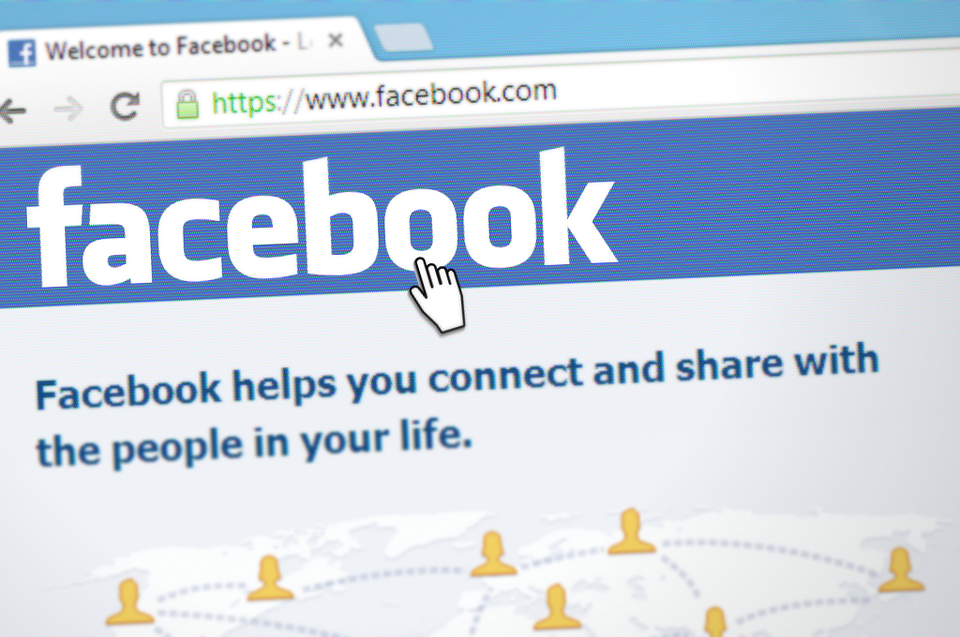
The Malacañang has dismissed allegations that Facebook played a hidden role in helping President Duterte win office.
It has been claimed that in 2016 the social media giant sent a team of experts to the Philippines to train various campaign teams, including Duterte’s.
In a statement issued today (Friday, December 29), presidential spokesman Harry Roque said: “Well the technology exists and would have been foolhardy for any political candidate not to tap Facebook as a campaign tool.
“All candidates did so, unfortunately for his detractors, President Duterte appeared to have been the best candidate who utilised Facebook the most.”
The social media giant is currently under close scrutiny after it was revealed that it sent out teams across the world to train politicians about how to use the platform as a campaign tool.
In response, the platform claims to be a “tool for democracy.” However, the reports suggest that it lent aid to electoral campaigns of leaders described as “popularist” or “authoritarian”, such as President Duterte.
A report by Bloomberg alleged that in January 2016 Facebook flew a three-member team to the Philippines to spend a week holding training sessions for election campaign teams, including Duterte’s. After this, the report continues, his on-line campaigning went into “overdrive”.
Facebook’s co-founder Mark Zuckerberg has denied playing a role in promoting authoritarian regimes. In a live Facebook video, he said: “I don’t want anyone to use our tools to undermine democracy. That’s now what we stand for. The integrity of our elections is fundamental to democracy around the world.”
However, in a report on Wednesday, MSNBC said: “Facebook is a global company and it was ground zero for this Russian President Vladimir Putin and Duterte playbook, long before Zuckerberg was playing naive about fake news.”
Allegations that the Duterte campaign manipulated Facebook’s algorithms with false information and fake users were redoubled after some of his loudest online supporters were rewarded with positions in his administration.
For example, former “sexy dancer” Mocha Uson is now an assistant secretary in the presidential communications team. Previously, she has faced frequent accusations of peddling fake news to more than five million of her followers.
Perhaps in a nod to Facebook’s contribution to his campaign, Duterte banned journalists from attending his inauguration, instead opting to stream it on Facebook.
Responding to widespread concerns, the Senate held a hearing on fake news in October. However the one-day probe was dominated by senators airing their personal grievances rather than discussing the phenomena itself. In the same month, President Duterte vowed to block any new laws against fake news, saying it would be an affront to free speech.
The Philippines is a huge market for Facebook with 33 million users, many of whom lack the download speeds necessary to fully research the posts that appear on their timelines.
